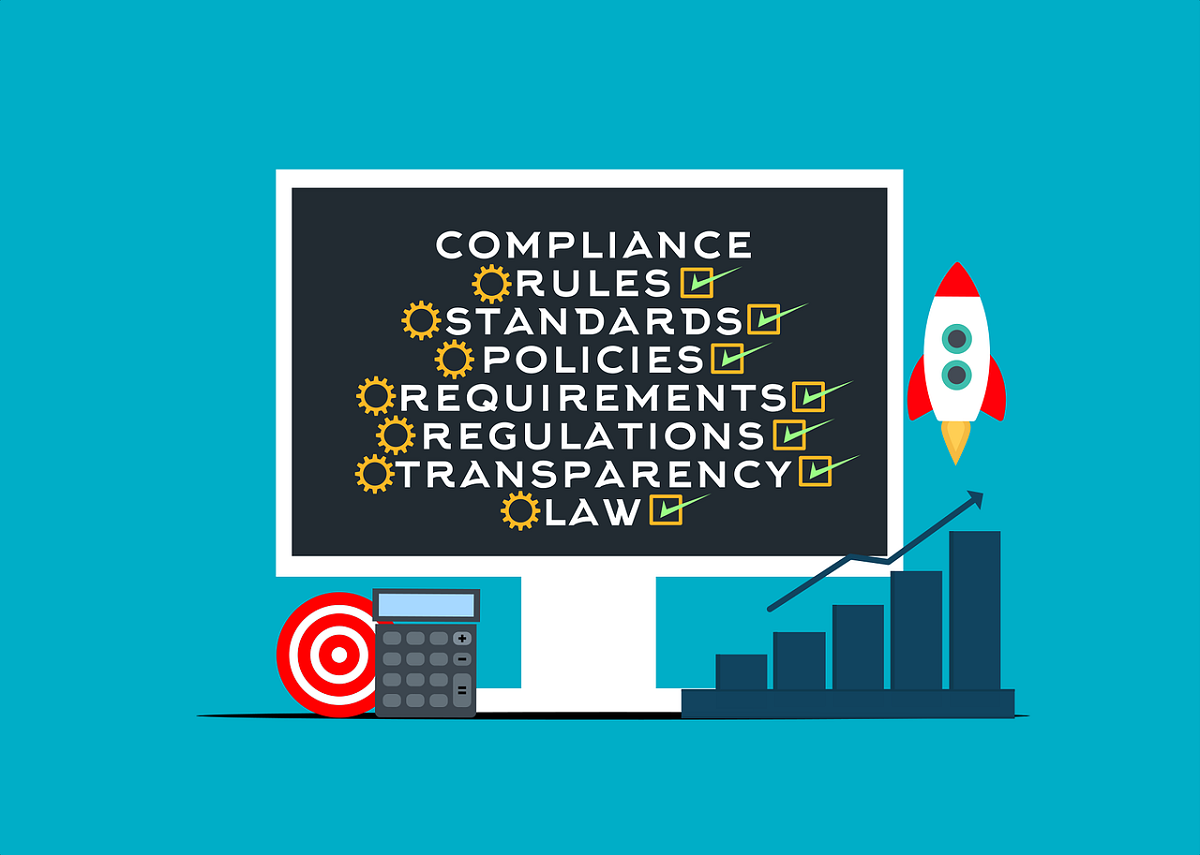Understanding policy and regulation
Policy and regulation play a crucial role in shaping the business landscape of today. As a business owner or entrepreneur, it is essential to have a clear understanding of what policy and regulation entail. Policy refers to a set of principles or guidelines that govern the actions and decisions of individuals, organizations, or governments. Regulation, on the other hand, involves the rules and standards set by authorities to ensure compliance and maintain order in various sectors.
The impact of policy and regulation on businesses
Policy and regulation have a significant impact on businesses, both big and small. They provide a framework within which businesses operate, ensuring fair competition, consumer protection, and environmental sustainability. For instance, regulations in the financial sector help prevent fraudulent activities and maintain the stability of the economy. Similarly, policies related to labor rights and workplace safety ensure the well-being of employees.

Benefits of effective policy and regulation
Effective policy and regulation bring numerous benefits to businesses. Firstly, they create a level playing field by setting standards that all businesses must adhere to. This prevents unethical practices and promotes fair competition. Secondly, policy and regulation help build trust and confidence among consumers. When businesses operate within a regulated framework, consumers feel assured that their rights are protected, leading to increased customer loyalty. Additionally, effective policy and regulation can foster innovation by encouraging businesses to find creative solutions that comply with the rules.
The role of government in creating and enforcing policy and regulation
The government plays a crucial role in creating and enforcing policy and regulation. Governments are responsible for identifying areas that require regulation and developing policies to address societal needs and challenges. They consult with industry experts, stakeholders, and the public to ensure that the policies are comprehensive and fair. Once policies are established, the government enforces them through various regulatory bodies and agencies. These bodies monitor compliance, investigate violations, and impose penalties when necessary. The government’s role is to strike a balance between protecting the interests of businesses and safeguarding the well-being of society as a whole.
The challenges of policy and regulation in today’s business landscape
While policy and regulation are essential, they also present challenges for businesses. One of the main challenges is keeping up with the frequent changes and updates to existing policies. As governments respond to evolving societal needs and technological advancements, businesses must stay informed and adapt their operations accordingly. Another challenge is the complexity of regulations, especially for small businesses with limited resources. Compliance can be time-consuming and costly, requiring businesses to allocate significant resources to ensure adherence. Additionally, inconsistent or conflicting regulations across regions or countries can create barriers to market entry and expansion.
Examples of successful policy and regulation implementation
Despite the challenges, there have been several successful examples of policy and regulation implementation. One notable example is the European Union’s General Data Protection Regulation (GDPR), which came into effect in 2018. The GDPR set strict guidelines for the collection, storage, and use of personal data, giving individuals more control over their information. This regulation not only enhanced privacy rights but also pushed businesses to improve their data management practices, ultimately benefiting both consumers and businesses.
Another example is the Clean Air Act in the United States. This legislation, first enacted in 1970 and subsequently amended, aimed to reduce air pollution and protect public health and the environment. Through the regulation of emissions from industries and vehicles, the Clean Air Act has significantly improved air quality and reduced the impact of pollution-related health issues.
The importance of staying updated with policy and regulation changes
In today’s rapidly changing business landscape, it is vital for businesses to stay updated with policy and regulation changes. Failure to comply with new regulations can lead to legal consequences, reputational damage, and financial penalties. Businesses should allocate resources to monitor policy changes, engage with industry associations, and seek legal advice when necessary. By staying informed and proactive, businesses can ensure they remain compliant and mitigate potential risks.
Tools and resources for navigating policy and regulation
Fortunately, there are various tools and resources available to help businesses navigate policy and regulation. Government websites and official publications provide access to the latest policies, regulations, and guidelines. Industry associations and professional networks also offer valuable insights and support in understanding and interpreting regulations specific to certain sectors. Additionally, legal advisory services specializing in regulatory compliance can assist businesses in ensuring they meet all the necessary requirements.

The role of businesses in shaping policy and regulation
Businesses have an important role to play in shaping policy and regulation. By actively engaging with policymakers, businesses can provide valuable insights and perspectives based on their industry knowledge and expertise. This collaboration allows policymakers to develop more effective and practical policies that address the needs and challenges faced by businesses. Furthermore, businesses can contribute to the regulatory process by participating in public consultations, sharing best practices, and advocating for policies that promote sustainable growth and innovation.


